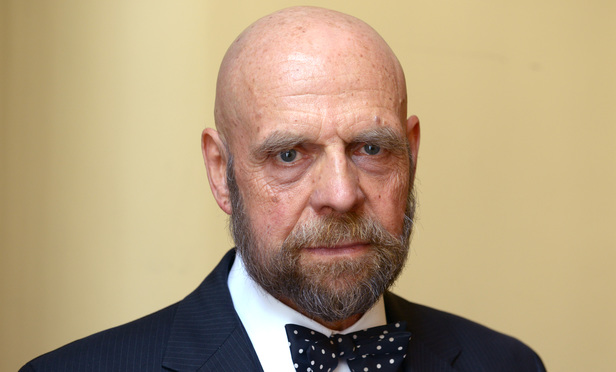Family law attorneys have long been acquainted with the role that mental health professionals (MHPs) play when they are appointed by the court to perform a custody evaluation. Recent years have also seen psychology experts coming into custody litigation in less familiar roles. One such role is that of the peer-review expert whose purpose is to educate the court with respect to methodological deficiencies that threaten the reliability of the evaluation.
A properly performed peer-review can bring invaluable information to the courtroom but, as one relatively recent decision makes clear, when the expert strays outside the proper boundaries of the reviewer’s role, the testimony is likely to be rejected. This article will focus on the role of the peer reviewer and the parameters that circumscribe that role.
Challenging Evaluations
This content has been archived. It is available through our partners, LexisNexis® and Bloomberg Law.
To view this content, please continue to their sites.
Not a Lexis Subscriber?
Subscribe Now
Not a Bloomberg Law Subscriber?
Subscribe Now
LexisNexis® and Bloomberg Law are third party online distributors of the broad collection of current and archived versions of ALM's legal news publications. LexisNexis® and Bloomberg Law customers are able to access and use ALM's content, including content from the National Law Journal, The American Lawyer, Legaltech News, The New York Law Journal, and Corporate Counsel, as well as other sources of legal information.
For questions call 1-877-256-2472 or contact us at [email protected]



